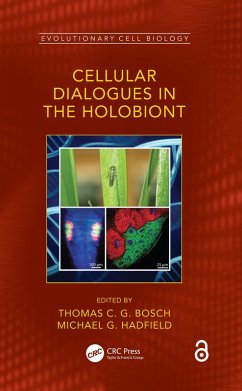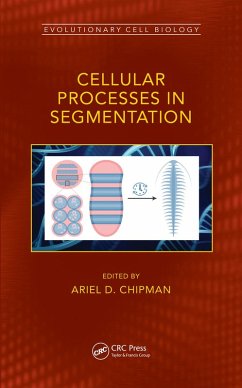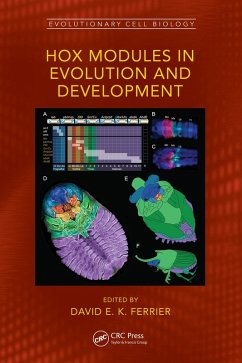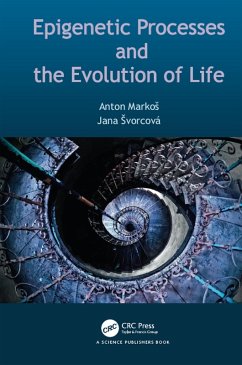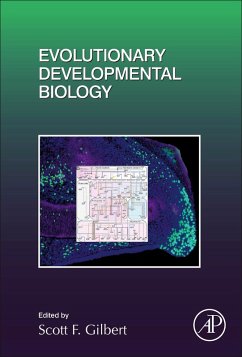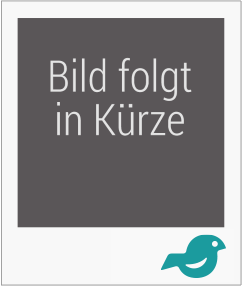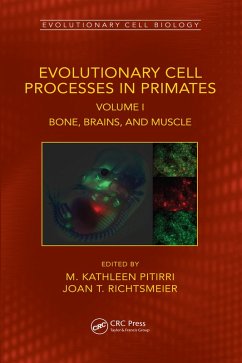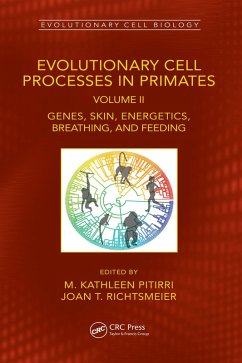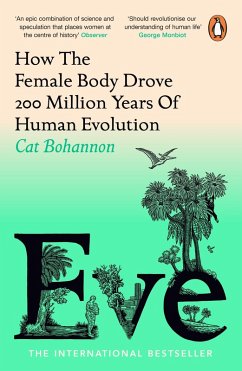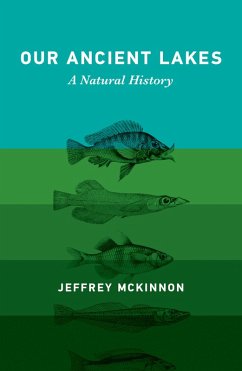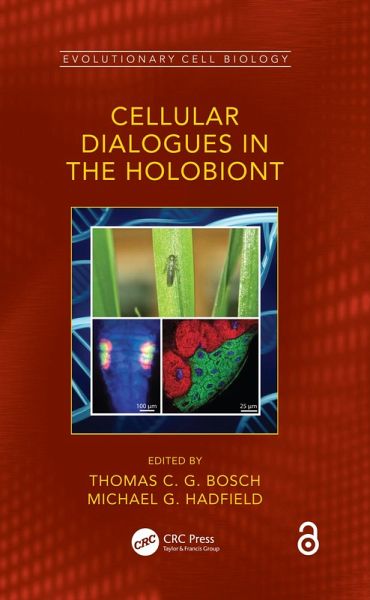
Cellular Dialogues in the Holobiont (eBook, ePUB)
Versandkostenfrei!
Sofort per Download lieferbar
0,00 €
inkl. MwSt.
Weitere Ausgaben:

PAYBACK Punkte
0 °P sammeln!
This book examines how the growing knowledge of the huge range of protist-, animal-, and plant-bacterial interactions, whether in shared ecosystems or intimate symbioses, is fundamentally altering our understanding of biology. The establishment and maintenance of these interactions and their contributions to the health and survival of all partners relies on continuous cell-to-cell communication between them. This dialogue may be concerned with all aspects of the biology of both partners. The book includes chapters devoted to exploring, explaining, and exposing these dialogues across a broad sp...
This book examines how the growing knowledge of the huge range of protist-, animal-, and plant-bacterial interactions, whether in shared ecosystems or intimate symbioses, is fundamentally altering our understanding of biology. The establishment and maintenance of these interactions and their contributions to the health and survival of all partners relies on continuous cell-to-cell communication between them. This dialogue may be concerned with all aspects of the biology of both partners. The book includes chapters devoted to exploring, explaining, and exposing these dialogues across a broad spectrum of plant and animal eukaryotes to a broad field of biologists.
Key Features:
The Open Access version of this book, available at http://www.taylorfrancis.com, has been made available under a Creative Commons Attribution-Non Commercial-No Derivatives (CC-BY-NC-ND) 4.0 license.
Key Features:
- Explores the nature of the interactions between eukaryotic hosts and their microbial symbionts
- Examines the links between prostist, animal, and plant evolution and microbial communities
- Reviews specific taxa and the microbial diversity associated with these taxa
- Illustrates the role microbes play in the physiology and etiology of several model species
- Includes chapters by an international team of leading scholars
The Open Access version of this book, available at http://www.taylorfrancis.com, has been made available under a Creative Commons Attribution-Non Commercial-No Derivatives (CC-BY-NC-ND) 4.0 license.
Dieser Download kann aus rechtlichen Gründen nur mit Rechnungsadresse in A, B, BG, CY, CZ, D, DK, EW, E, FIN, F, GR, HR, H, IRL, I, LT, L, LR, M, NL, PL, P, R, S, SLO, SK ausgeliefert werden.




